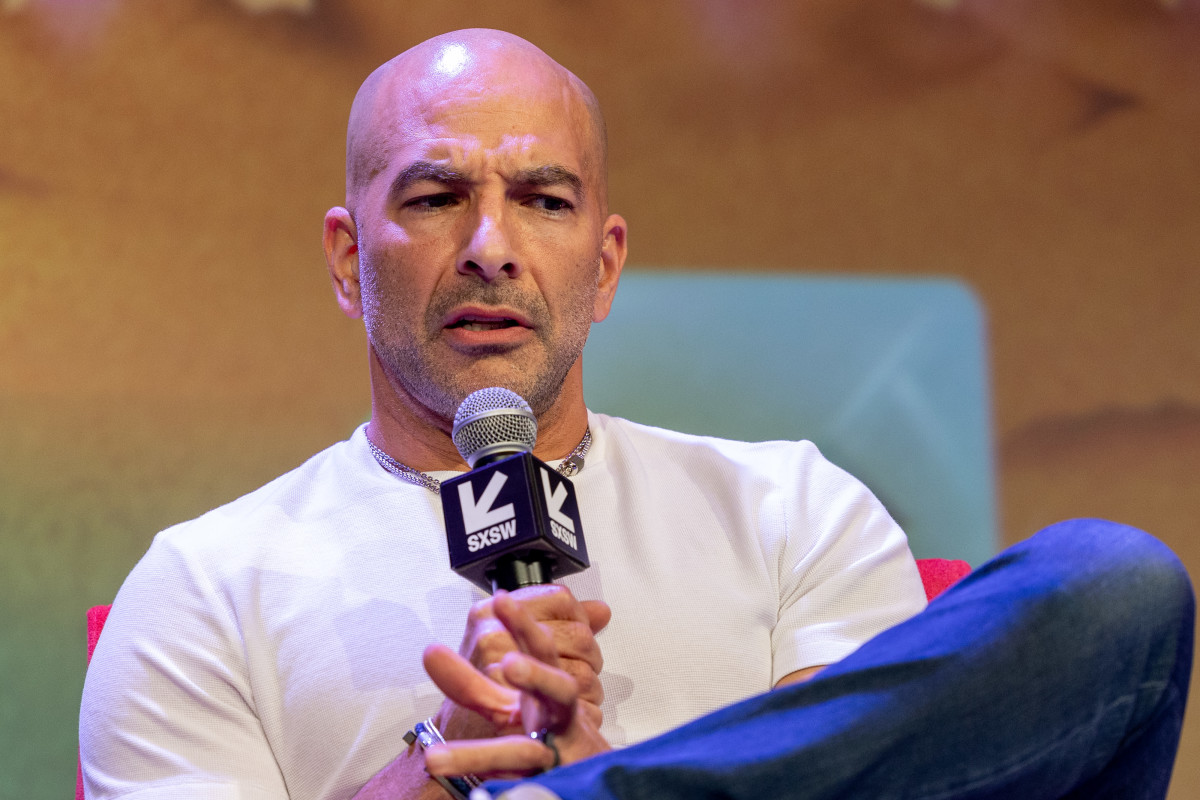The sheer number of things that can cause stress and anxiety is tough for many to battle on a daily basis. While every person is different than the next, oftentimes anxiety can come from something we may not even realize. However, licensed psychologist, Josh Spitalnick, who’s board-certified in behavioral and cognitive psychology, recently joined Peter Attia’s The Drive podcast and at one point, discussed a very specific type of anxiety—health anxiety.
Spitalnick and Attia spoke about the increase in everyday worry and concerns turning into this rapidly growing anxiety. While discussing the topic in detail, one strong point that was mentioned to help avoid falling into a spiral of health anxiety includes avoiding the ever-popular internet searches of your symptoms.
Expert Details What’s Fueling Spike in Health Anxiety Over Recent Years

Renee Dominguez/SXSW Conference & Festivals via Getty Images
During the back-and-forth between Attia and Spitalnick, the latter explained that there’s been a significant increase in health anxiety over the last four years. He highlighted “social media influencers” who may spark concern in some people, leading to searches on WebMD and Google.
“Health anxiety has skyrocketed in the last four years,” Spitalnick said. “…And by the way, going on WebMD or Google because a social media influencer said, ‘if you have this, this is probably what it is,’ does not diagnose you.”
After Attia mentioned that he wanted to “use worry versus worrying to help people understand when they’ve crossed that threshold,” Spitalnick offered another concern on that front.
“For the anxiety sufferer, worrying looks like they’re trying to solve something. The problem is, is when they get their answer, they’re not done,” Spitalnick responded, referencing some opting to continue searching deeper into symptoms.
Peter Attia & Josh Spitalnick Discuss Further Concerns Surrounding Health Anxiety
Spitalnick explained the role he plays in attempting to help people facing health anxiety overcome their struggles. One noteworthy issue he mentioned was in response to Attia’s reference to when someone believes they have something severe, such as cancer or heart disease, for example.
According to Spitalnick, someone will “prescribe you something” while thinking they have the “magical cure.”
“What about the individual who, they create a story that says, this is cancer or this is heart disease, or this is whatever. Everything they get checked out for is fine,” Attia posed.
“But someone will prescribe you something, thinking that they have the magical cure to fix your distress, your pain,” Spitalnick responded.
This led to Spitalnick explaining part of his job, which is to sit with people dealing with this anxiety, and while understanding and reassuring them that their pain and symptoms are real, explaining that this doesn’t necessarily mean that’s what the actual issue is.
The general idea of health anxiety is daunting enough on its own, but the plethora of various websites and holes to dive down on the internet has to make managing it an even taller task. But from the sound of it, the best starting point is to try hard to avoid falling down those endless searches of self-diagnosis.
Related: Peter Attia Reveals 1 Supplement That Could Help Aid Depression Treatment
